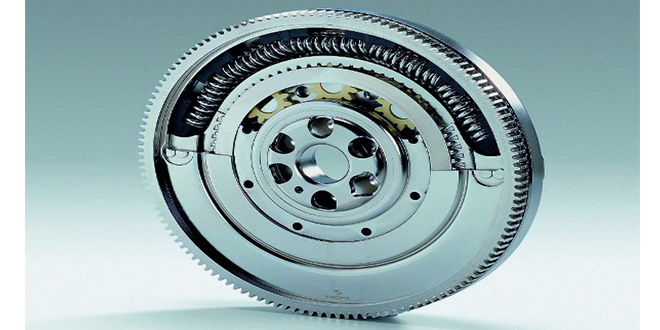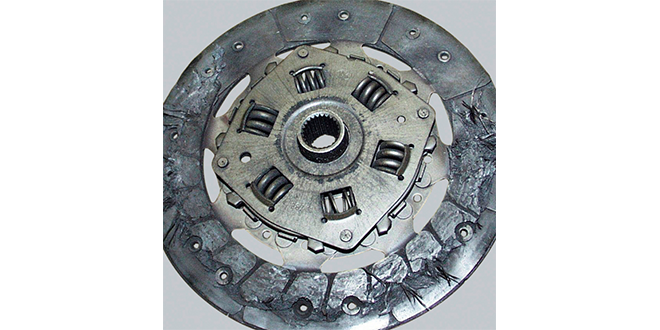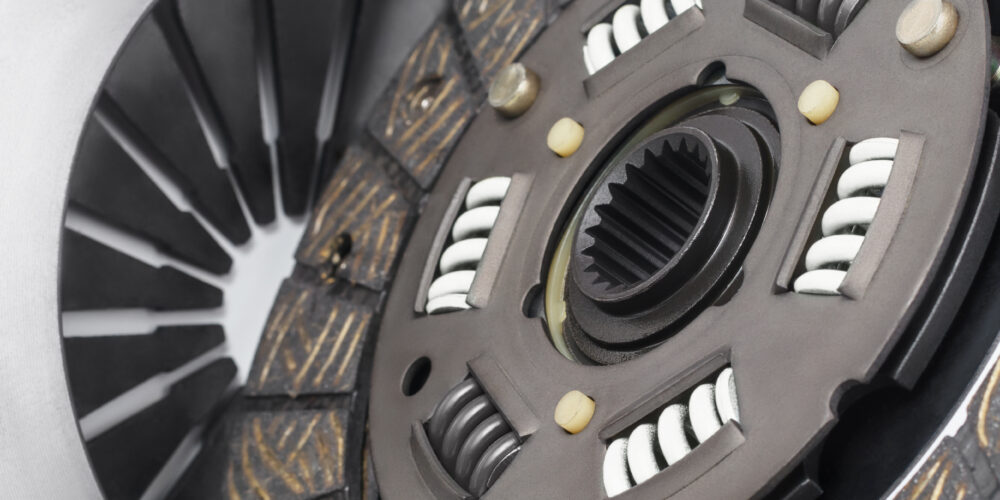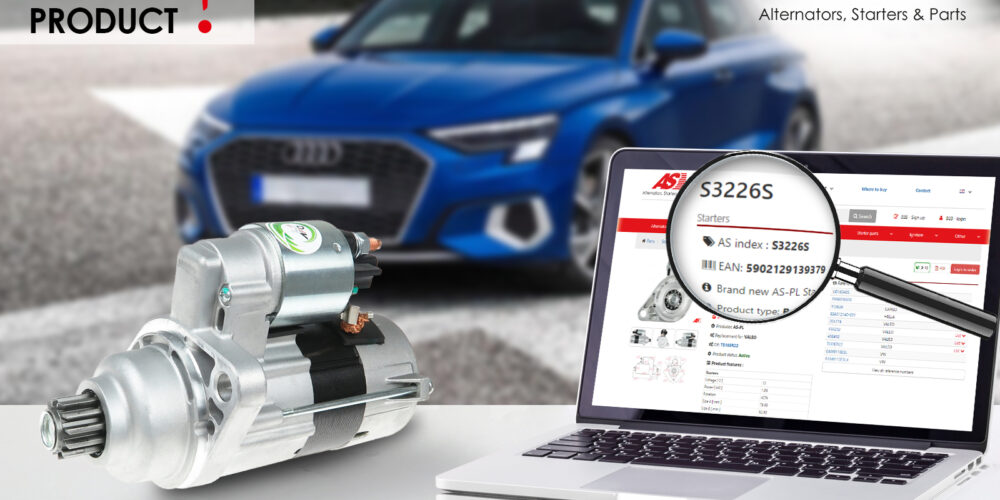What to tell the customer about the failure of the Dual Mass Flywheels (DMF)?
The DMF is one of the most deteriorating elements of the diesel drive system. Very often customers come to the workshop blaming the part manufacturer or the mechanical plant. Meanwhile, the reason often lies elsewhere, and the cause of the defect is the way the user drives the car.
Here are four things to point out to a customer when he or she complains about the quality of a defective part or about an incompetent mechanic shop. Before we get into a discussion, it’s a good idea to ask a few questions about how the car is used and get the customer to think about how he or she uses the car.
1. Is the ride smooth?
In order to ensure greater durability of the DMF, it is first and foremost necessary to properly use the speed in each gear. It is a good idea to avoid rapid acceleration and jerking at low torque. This is related to the vibration that the engine generates when accelerating from low torque. This translates into overloading of individual transmission components. This is one of the most common causes of breakdowns that bring customers to the workshop.

2. Engine throttling
Frequent engine throttling can also have a negative effect. Low revs put the car into vibration. Prolonged extreme driving, during which the clutch operates in a slip, results in overheating of the secondary mass of the DMF, which consequently leads to damage to the mutual wheel bearing and changes in the consistency of the damping grease – as a result of high temperatures, the grease hardens, impeding the operation of the springs of the damper system. This is an element that should be brought to the attention of the person who comes to replacement of the DMF.
3. Starting and stopping the engine, only with the gear clutched
You need to remember to start the engine with the clutch depressed, this will avoid jerking the flywheel. It is very possible that here lies the reason for the visit to the workshop. It is also important to extinguish the engine also when the gear is clutched. This will ensure that the car is not subjected to the sudden jerk associated with the lack of a depressed clutch.

4. Driving in traffic jams and around town
An important rule that workshop visitors often forget is to press down on the brake pedal as infrequently as possible, unless it is obviously necessary. It is known that we most often jerk the car when starting and stopping. It has been proven that the “dual mass” lasts several times longer in cars operated on the road than those driven in the city, exposed to constant standing and starting from under the lights and in traffic jams.
Failure of the DMF most often due to improper operation of the car. It is worth pointing this out to the customer who shows up at our workshop. It is important to remember that such a handful of information given to our customer, will help to build a good customer-workshop relationship. Sharing knowledge is an excellent opportunity to be remembered well, which will result in long-term cooperation in the future.










